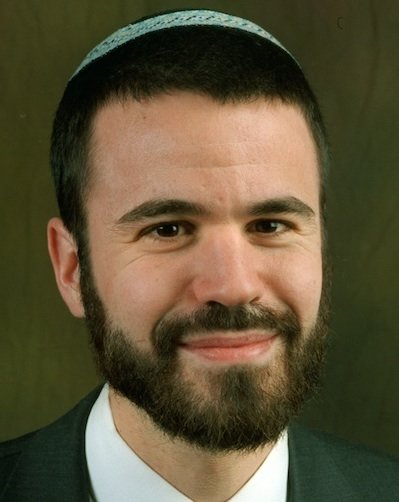By invitation only
Perhaps the most powerful sensory experience in Judaism is the korban. Surrounded by the sights and scents of spiritual devotion and ritual sacrifice, we immerse ourselves in an environment that enforces dedication to G-d.
However, on two occasions that experience is augmented by a particular sound: the formal recitation of a set of biblical instructions.
The first occasion was the eighth day of the miluim, when the kohanim began serving in the Mishkan. As the Talmud (Yoma 5b) explains, these one-time rituals were accompanied by a public recitation of the relevant biblical passages.
The second occasion is Yom Kippur; the annual rituals of the Kohen Gadol are accompanied by a public reading of their biblical instructions. (See Mishnah Yoma 7:1, Rashi Yoma 68b, and Meshech Chochmah Bamidbar 19:20.)
Why do we require these readings? What do they add?
Rabbi Samson Raphael Hirsch (Vayikra 11) suggested, “Reciting this portion established these rituals as fulfillment of Divine commands. No element was invented by a human heart and its subjective feelings; the totality of these actions was dedicated to fulfillment of a Divine command.” However, this explanation introduces a glaring question: Would not every korban, and perhaps every mitzvah, benefit from such readings?
We might answer based on Rabbi Yehudah HaLevi’s explanation of the sin of the Golden Calf (Kuzari 1:97). Per Rabbi HaLevi, the Jews’ central sin was not idolatry; we intended to serve G-d. Our sin was in creating ritual in service of Hashem, sans Divine order: “Their sin was in making a form, which had been prohibited to them, and ascribing the Divine element to that which they had made with their hands and desire, without a Divine command.” This follows the foundational thesis of Rabbi Yehudah HaLevi’s Kuzari, that the legitimacy of all ritual stems exclusively from the underlying Divine commission.
According to many early authorities, the Mishkan’s initiation atoned for the Golden Calf. Ramban (Vayikra 9:3) even suggested that the rituals of the eighth day were only added after the sin of the Golden Calf, for this purpose.
Yom Kippur, too, is associated with forgiveness for the Golden Calf; the first Yom Kippur was the day when the Jews completed their atonement and Moshe brought the second set of Tablets. In this light, perhaps the rituals of the eighth day, and of Yom Kippur, specifically need the explicit Divine command in order to demonstrate that we have learned our lesson and placed the error of the Golden Calf behind us.
Alternatively, perhaps we recite these verses to establish a sense of mission. Since Creation, sacred space has been defined by restrictions; one may not barge across the boundaries of a holy area. Adam and Chava did not enter Eden; they were placed there by G-d, and when they were removed it was with the institution of an angelic border patrol (Bereishit 2-3). Avraham and Sarah left Aram for Canaan on their own, but they entered the Holy Land only upon the command of “lech lecha” (Ramban Bereishit 12:1). Moshe stood atop Mount Sinai outside of the Divine cloud, until he was summoned to enter (Shemot 24:16-18, and see Shabbat 89a, Avot d’Rabbi Natan 1). The Jews did not enter Israel until G-d invited them in (Yehoshua 1:2).
Here, too, the kohanim could not enter the Mishkan for their initiation, and the kohen gadol may not enter the Holy of Holies on Yom Kippur each year, without the invitation expressed in the biblical text describing their roles and service. One enters Divine space not out of a sense of ownership and entitlement, but with an awareness that our presence before G-d is by Divine commission alone.
The same message of mission pertains in our own lives. Entering even the most mundane space with an arrogant swagger is offensive to G-d (Berachot 43b). Upon entering a synagogue we recite Tehillim 5:8, acknowledging that we enter G-d’s House by Divine generosity (Shu”t Maharshal 64). And as a rule, one may not ascend to the Torah for an aliyah unless called (Orach Chaim 139:3). The invitation humbles and orients us.
May we, like the kohanim of the miluim and like the kohen gadol on Yom Kippur, go about our lives with humble attention to the Divine summons which defines our mission, and so merit what Moshe promised (Vayikra 11:6): “The glory of G-d will be revealed upon you.”
Rabbi Mordechai Torczyner is the rosh kollel at Yeshiva University’s Torah miTzion Beit Midrash Zichron Dov in Toronto.

 55.0°,
Overcast
55.0°,
Overcast 




